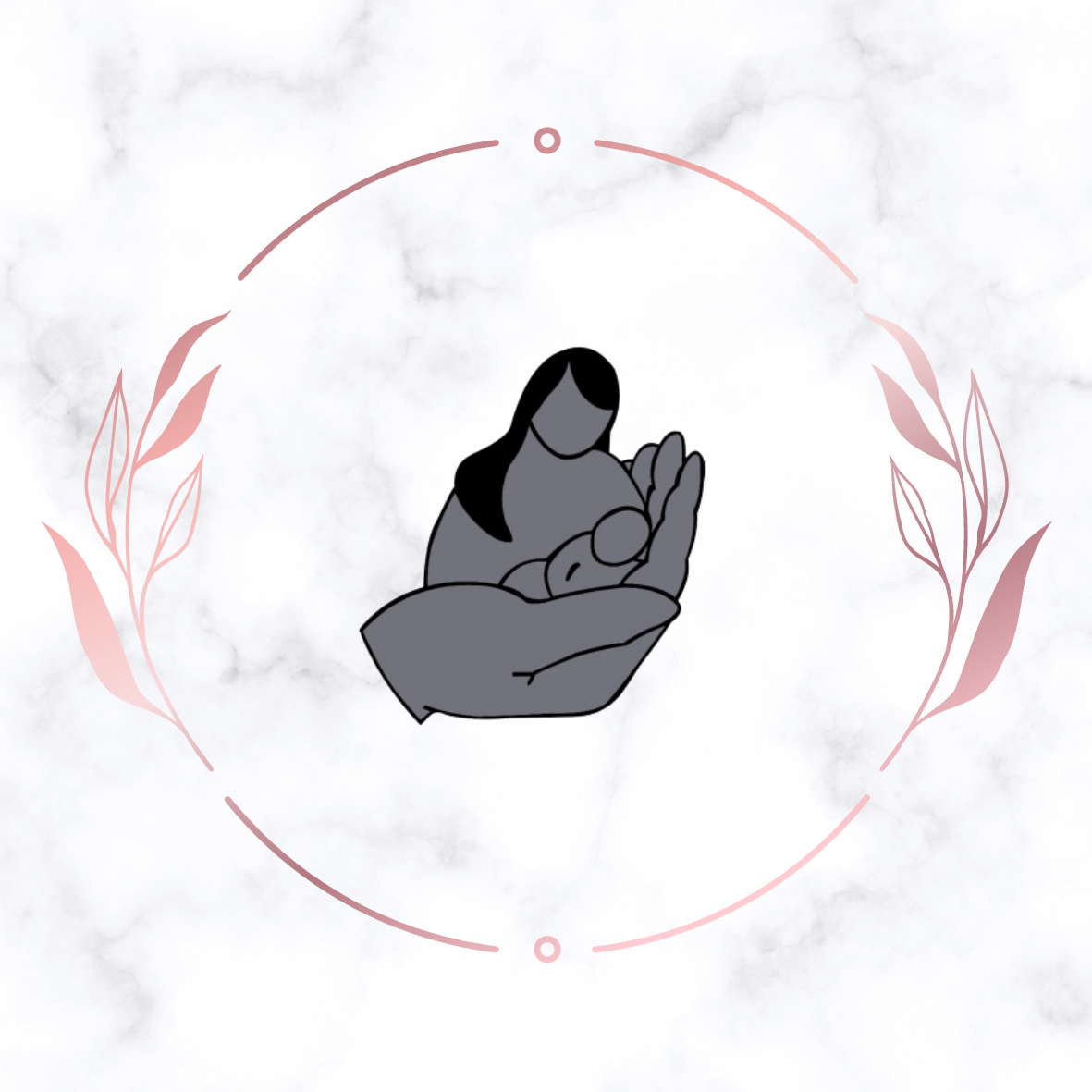COVID-19 and Pregnancy
- Motherly Love

- Mar 20, 2020
- 3 min read
The new coronavirus has recently taken the world by storm and has been declared a pandemic by the World Heath Organization (WHO). Due to the infancy of the virus, there is still much we do not know for certain and more research is being conducted every day. During a time of much uncertainty for many across the globe, one pertinent question remains for many who are currently expecting a child: How does COVID-19 impact pregnancy? While there is still much to be determined about the virus and its affects on expectant mother and baby, we aim to give factual, reliable, and hopeful outlooks on what we know this far. Keep in mind this information is subject to change as we learn more regarding this virus and we will update as we know more.
How can I protect myself from COVID-19 if I am currently pregnant?
COVID-19 is a respiratory virus that is spread through droplets that are sent into the air when an infected person coughs or sneezes. Aside from droplet contact, the virus can also be contracted when someone touches a surface that has been infected by a person who has the virus. To best protect yourself, there are several preventative measures you can take. Practicing meticulous hand hygiene by washing with soap and water for 20 seconds is vital in prevention. Along with this, it is important to avoid touching your eyes, nose, and mouth, as much as possible. Social distancing can also help limit the spread of the disease to others. If you have a cold, mild cough, or feel sick, stay home and limit exposure of others. Sneeze or cough into your elbow, or into a tissue that can be discarded immediately. Adequate rest and hydration are also valuable in maintaining the integrity of your immune system.
Am I more susceptible to COVID-19 if I am pregnant?
At this time, experts believe pregnant women are at the same, or possibly higher, risk than the general public to develop symptoms associated with the new coronavirus.
Does COVID-19 in pregnancy increase risk of miscarriage or other complications?
During pregnancy, the mother's immune system is weakened and increases her susceptibility of infection. High fevers during the first trimester can increase risk of certain birth defects and although miscarriages have been seen with other coronaviruses, it is still undetermined as to whether COVID-19 poses this risk for certain. At this time, there does not appear to be any increased risk of miscarriage or other complications, such as fetal malformations, according to the Center for Disease Control (CDC). Based on data from other coronaviruses, such as SARS and MERS, the American College of Obstetrics and Gynecology (ACOG) states that pregnant women who contract COVID-19 may have a higher risk for some complications, such as preterm birth, but the data is limited and the virus may not be the underlying cause for such complications.
Is there a risk of passing the virus to my unborn baby or newborn?
Currently there is limited research as to whether the virus can be passed transplacentally (cross the placenta). In a recent study conducted in China at the epicenter of the outbreak, it was determined that of nine pregnant women infected with COVID-19 who displayed symptoms, none of their babies tested positive for the virus or were affected. The virus was also not present in amniotic fluid, babies' throats, or in breast milk. The risk of passing the virus to fetus appears to be very low with no evidence of fetal malformations due to maternal infection with COVID-19.
Can I breastfeed if I tested positive for COVID-19?
There is currently no evidence of the virus being found in breast milk or that it could be passed via breast milk. Mothers should practice frequent hand hygiene and consider wearing a face mask to minimize infants' exposure to the virus.
If you would like more resources regarding this topic, please visit the following credible sites:




Comments